From his recognizable silhouette to the unnerving camera movements that permeate his films, there are plenty of reasons why he’s known as the master of suspense. We are, of course, referring to Alfred Hitchcock, the legendary filmmaker who maintained a lasting impact on suspense cinema and, well, the industry as a whole.The master of thrillers produced some of the most iconic suspense films, cementing his career as one of the prolific filmmakers of the 20th Century. However, he didn’t always make the iconic thrillers that we know. The director got his start by making silent films in England before he moved to the United States to create some of Hollywood’s most suspenseful films.
Hitchcock’s films frequently cover concepts of espionage, tales of mistaken identities and psychologically complex constructs that are designed to build tension among audiences and have us chattering our teeth. And of course, we can’t forget about the suspense master’s tendency to make a brief cameo in nearly every one of his films.
When we think of Hitchcock’s repository of thrilling works, we tend to think of his iconic films from the 1940s and 1950s, including Vertigo, Dial M for Murder and Strangers on a Train. We don’t often consider his later films Frenzy (1972) and the 1976’s Family Plot, which — though is a far cry from the Hitchcock-ian thrillers we’ve seen — is known for being the last film he made, released only four years before his death. So, while we will forever remember the classics, here is a ranking of the knighted suspense master’s last 10 movies.
10 Topaz (1969)
Topaz is one of Hitchcock’s later films and is one of the first that falls through the cracks — and perhaps for a good reason. The film — an espionage thriller that explores the backdrop to the Cuban Missile Crisis — follows a French intelligence agent (Frederick Stafford) who dives into Soviet and Cuban dealings during the Cold War.
The film does have its moments, mainly a compelling escape scene in Copenhagen, and carries with it the dazzling cinematography that Hitchcock is known for throughout his thrillers. However, the flick struggles with pacing issues, as the plot tends to move predictably without the tension that many fans expect to see in most of Hitchcock’s works.
9 Family Plot (1976)
The master of suspense’s final film Family Plot is not entirely what we’d expect from a Hitchcock film either, as it is noticeably lighter in tone and is more of a comedy than the traditional Hitchcock-ian thriller. The “plot” (get it?) involves a fake psychic (Barbara Harris) coming into conflict with a pair of thieves over the search for a missing heir.
Though it’s visibly less elegant than nearly any other of Hitchcock’s works, it includes some particularly fun performances by Harris and Bruce Dern. But unfortunately, the film suffers from a somewhat convoluted “plot,” as well as a lack of thrill and excitement. Nevertheless, the film deserves some credit for deviating from Hitchcock’s traditional formula and emphasizing his genre range.
8 Torn Curtain
Sir Hitchcock sinks his teeth into the world of politics once again with the Cold War thriller, Torn Curtain, which sees an American scientist (played by Paul Newman) shock his family and friends by defecting to East Germany during the height of the capitalist-communist showdown.
There are fun action scenes, particularly as Newman’s character and his fiancée (Julie Andrews) must evade arrest from the authorities. While the film had promise due to the presence of both Newman and Andrews, it unfortunately ended up being an underwhelming movie in Hitchcock’s repertoire.
7 The Wrong Man
The master of menace sure seems to have developed a liking towards the “mistaken identity” trope — of characters who are wrongfully accused of crimes. This trope forms the premise of The Wrong Man, a title that makes this abundantly clear. But what makes this flick stand out is that it’s positioned as more of an emotionally dramatic tale than a downright thriller and, what is more, it’s based on a true story.
Legendary actor Henry Fonda stars in the titular role in the only collaboration between him and Hitchcock. Fonda gives an authentic iteration of a man whose life unravels after he is wrongfully convicted of a crime — in a compelling film exploring the impact of the American justice system. While the flick may not be one of Hitchcock’s best works, it sure is a welcome addition.
6 Marnie
Marnie is nearly as psychologically complex as Vertigo, as this Hitchcock-ian thriller explores themes of PTSD, repressed memories, and the impact of trauma. But this flick is considerably more disturbing than your average Hitchcock film, as it has psychosexual tendencies. The film sees Sean Connery’s character use his charm and power to blackmail a struggling kleptomaniac (the titular character Marnie, portrayed by Tippi Hederen) with a tragically complicated past into marrying him.
Noticeably, the film’s opening also bears a similarity to Psycho as both movies start — in this case, the character Marnie — with the woman character stealing money from her employer. Although the premise is a little silly, both Connery and Hederen seem to embrace it as they conjure a twisted but compelling chemistry.
5 Frenzy
The thriller — noted as Hitchcock’s penultimate final film of his career — sees the director returning to his British roots as it tells the story of a serial killer terrorizing modern London. While Frenzy is a particularly gruesome film, critics have applauded it for reverting to the traditional Hitchcock-ian form, especially when compared to his two previous films — Topaz and Torn Curtain — both politically-oriented films. Further, John Finch delivers a compelling performance as the prime subject of the murders and who falls victim to Hitchcock’s “wrongfully accused” trope.
Overall, despite the macabre subject matter, Hitchcock audaciously takes a satirical approach to the film, which maintains a sense of incongruous humor that contravenes the grisly violence maintained in the movie. However, the balance works between the two counterpoints in what is a worthy flick in the master of mayhem’s legacy of works.
4 To Catch a Thief
To Catch a Thief may not come close to being suspenseful, especially compared to Vertigo or Rear Window. But nevertheless, the film is a stylish masterpiece and — set in the French Riviera — its scenery is irresistible. The romantic mystery sees leading man Cary Grant portray a retired thief who attempts to clear his name when a series of robberies bearing his MO hits the Riviera. Grant is as cunning as he is charming, as he tries to decipher the identity of the new thief, which brings him towards the eye-catching character of Grace Kelly.
The caper may not be the most twist-filled film, but the chemistry between the actors is undeniable, coupled with the masterful visuals. Further, how the actors’ chemistry and the cinematography intersect with each other — particularly in the scene where their intense banter coincides with fireworks going off — makes the film all the more compelling.
3 The Birds (1963)
Snagging a well-earned spot in the final three of this list, The Birds is a quintessential film from the master of suspense that many regard as “the last great Hitchcock film,” which focuses — in a nutshell — on nature going to hell. This uneasy thriller tells the story of birds (yes, birds) mysteriously attacking the residents of a small village in the Bay without any rhyme or reason.
Throughout the film, the characters are left on edge as they don’t know when the ferocious fowls are going to attack next. It’s a simple premise, but powerful — although it may lack the psychological complexity of Hitchcock’s other works, this unnerving thriller heightens the tension during the duration of the film and leaves viewers on the edge of their seats.
2 North by North West
Now we are really into the good stuff, with this pseudo-adventure, pseudo-suspense thriller also starring Cary Grant. North by Northwest involves yet another case of mistaken identity with grave consequences as Grant portrays a bewildered advertising executive who is mistaken for a CIA agent. This leads to him being kidnapped and pursued by mysterious agents — and it paves the way for spectacularly suspenseful sequences such as the famous crop-duster plane scene and the climax atop Mount Rushmore.
The chemistry between Grant and Eva Marie Saint may not be as compelling as his rapport with Kelly in To Catch a Thief, but Grant nevertheless delivers an outstanding performance in a thriller that takes viewers on an intricate journey of espionage.
1 Psycho (1960)
There are many reasons why Psycho reigns supreme at the top of this list — not only does it surpass most of Hitchcock’s other new-ish films, but it’s regarded as one of the most iconic suspense flicks ever made — it basically invented the slasher subgenre. After all, we couldn’t even count on one hand how many times it was referenced in the Scream franchise.
The film successfully subverts audience expectations by introducing us to Marion Crane (Janet Leigh) — who is on the run and, seemingly, the main protagonist — only to have her suffer a horrific fate, which leads us to the infamous shower scene. Though Anthony Perkins may be as chilling as Norman Bates, his performance is captivating that fans can’t help but be drawn to him.
Further, the fact that the film has been remade several times now — in 1998 by Gus Van Sant with Vince Vaughn as Bates and the late Anne Heche as Crane, as well as TV series in 2013 with Freddie Highmore as Bates — is a testament to the film’s indisputable consideration as one of the most iconic horror movies of all time. If you’re still not convinced, consider that three sequels to the film were produced after Hitchcock’s death, which reinforces that even though the master of suspense isn’t with us anymore, his legacy lives on.
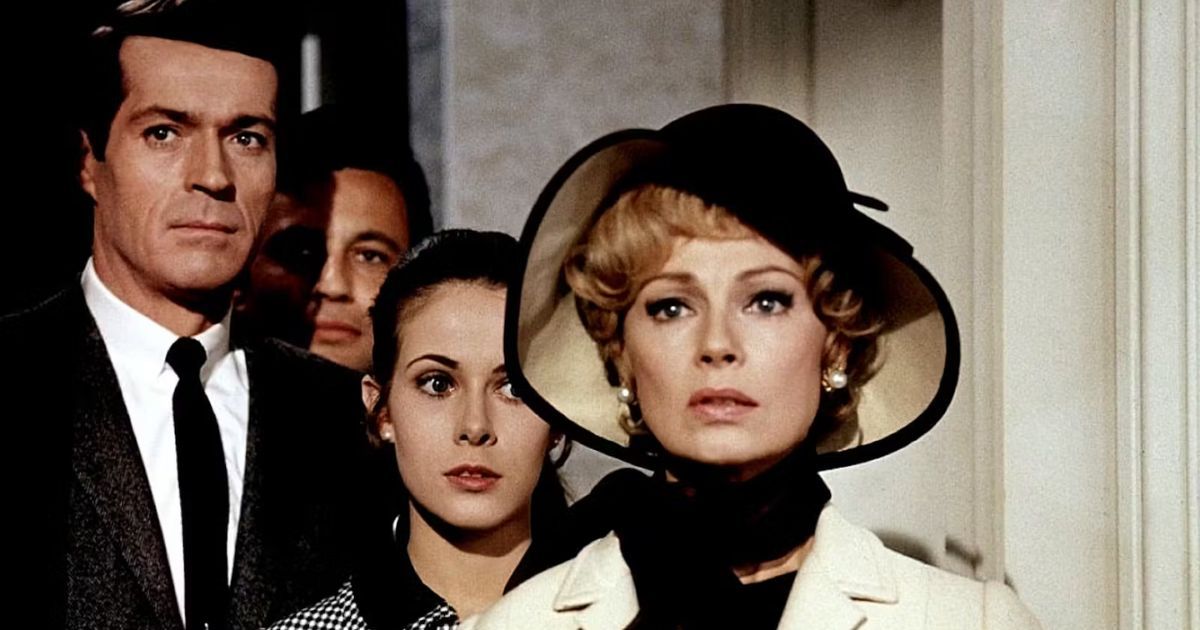
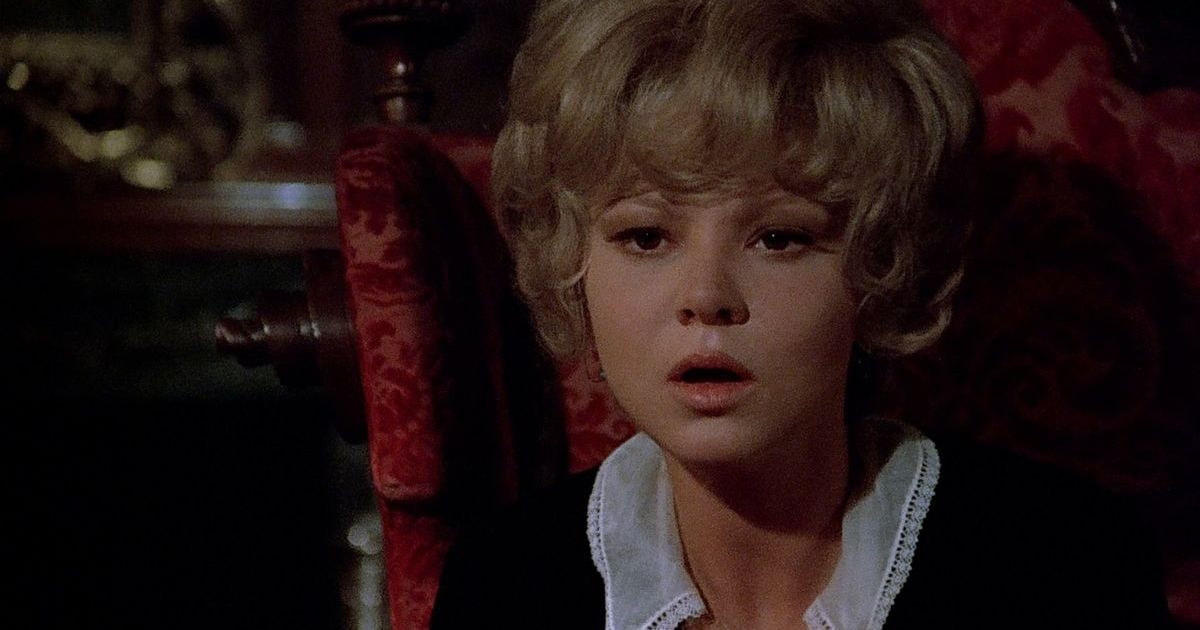
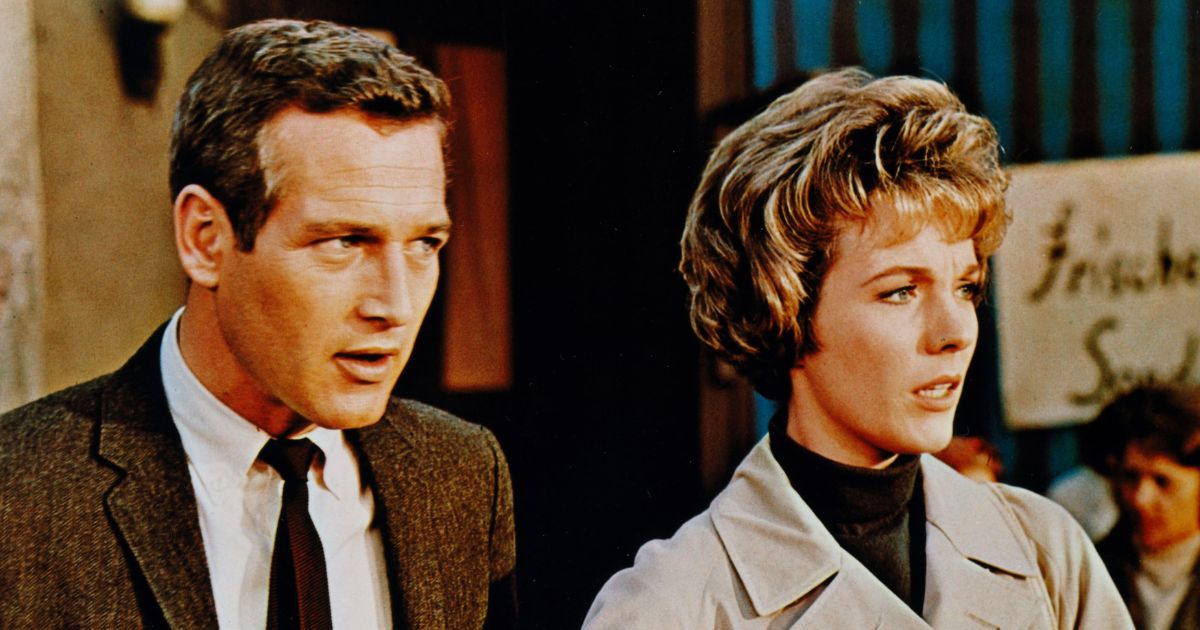
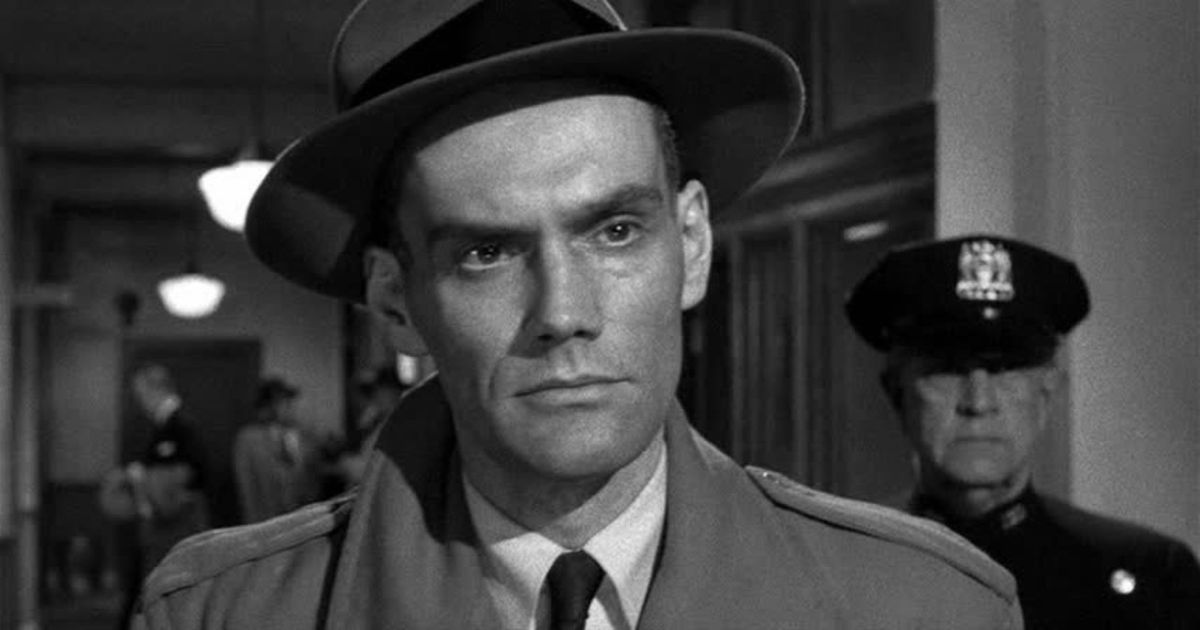
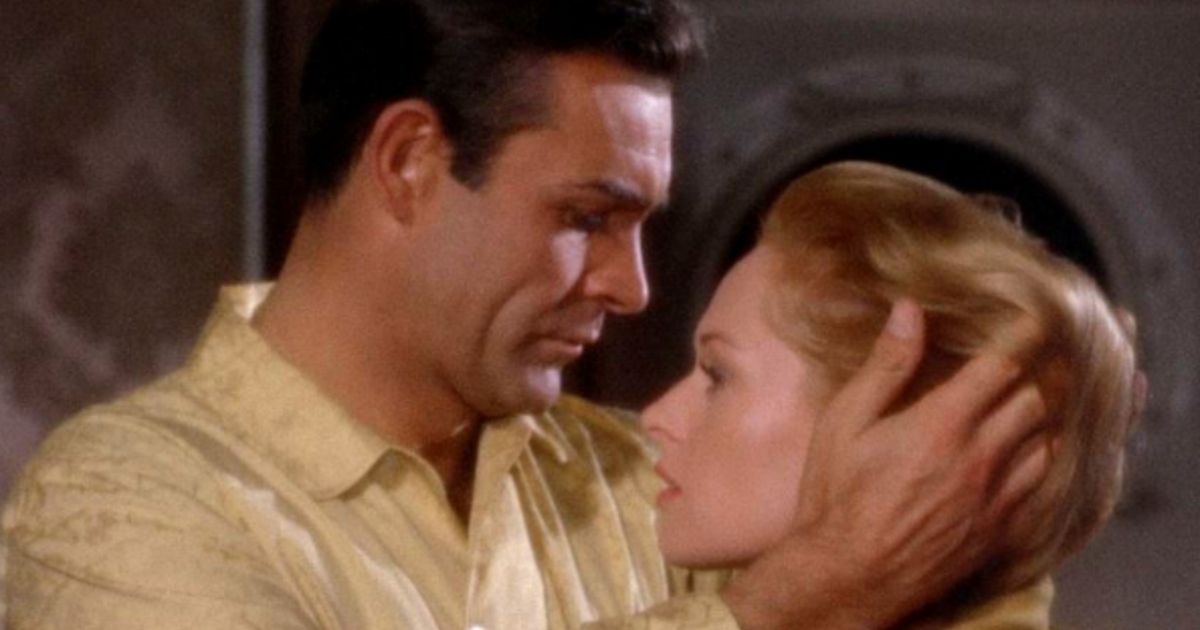
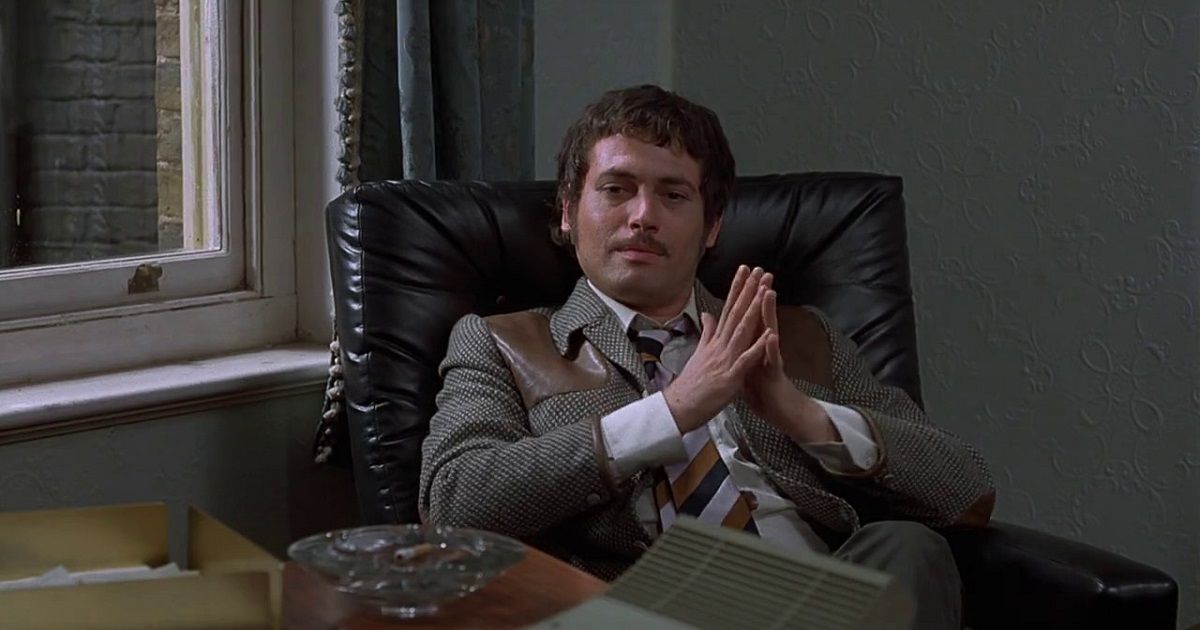
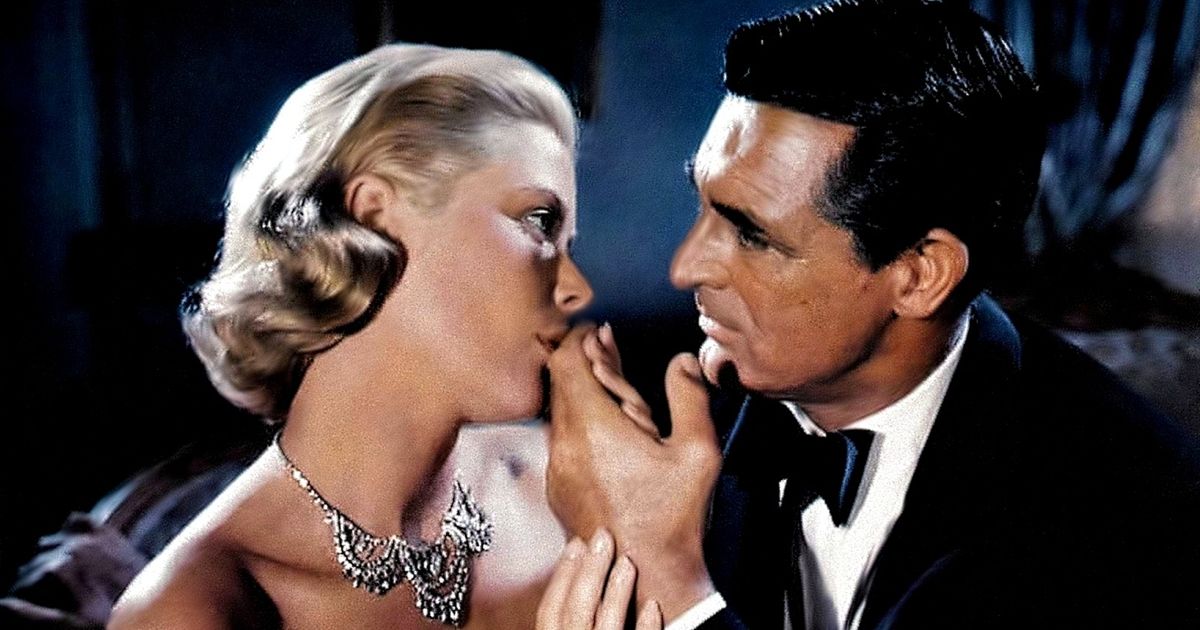
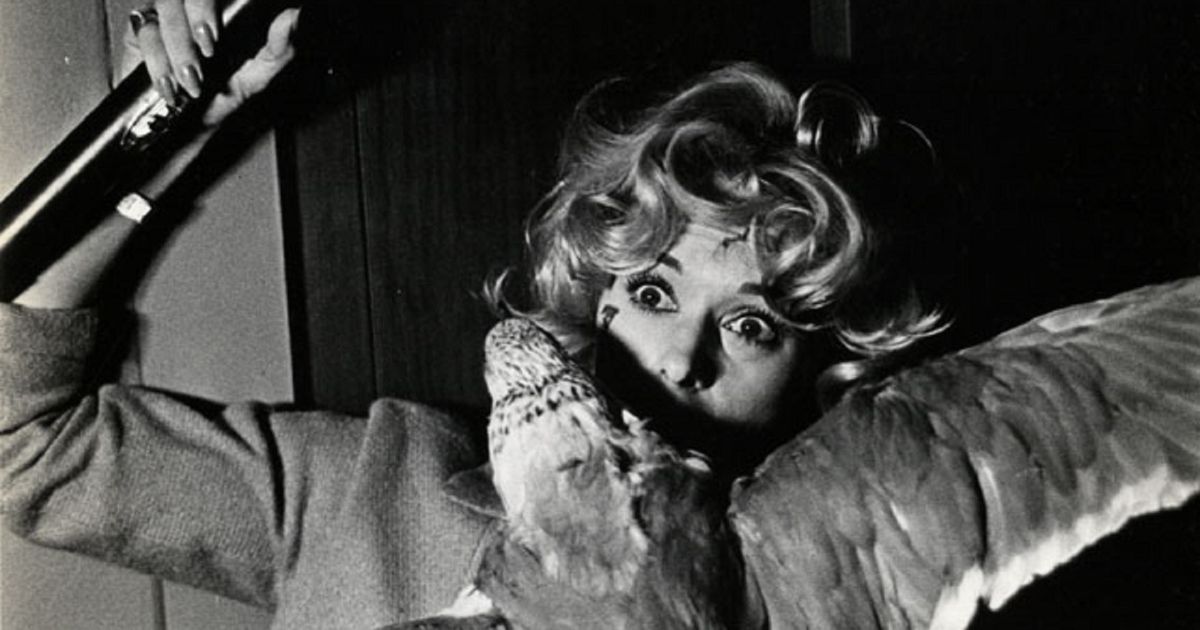
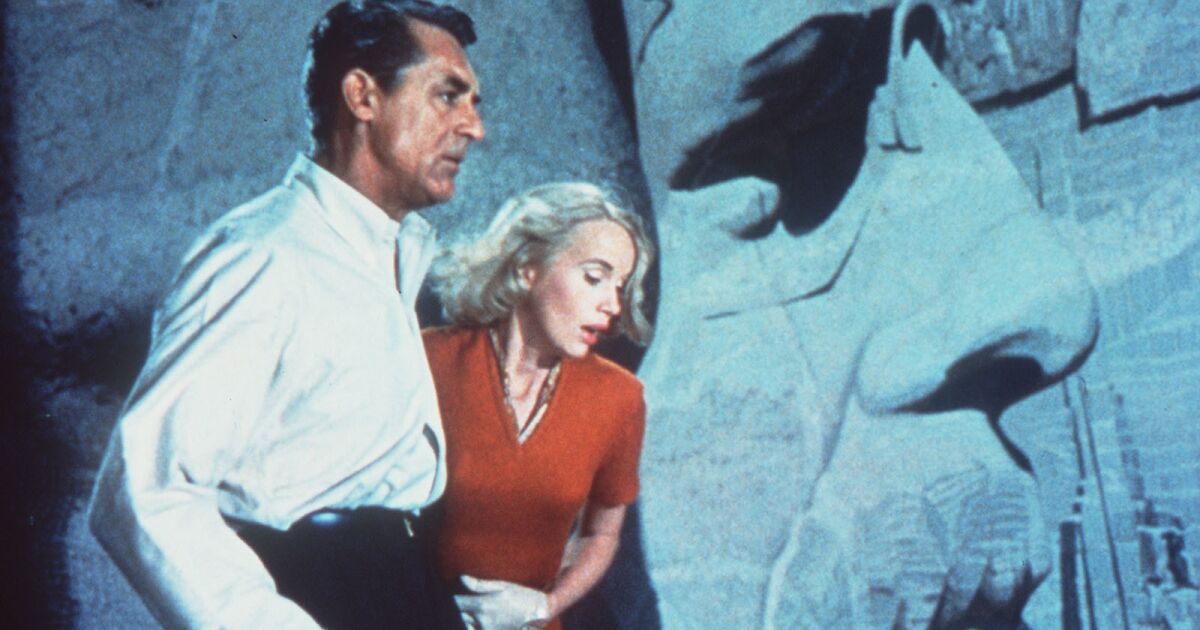
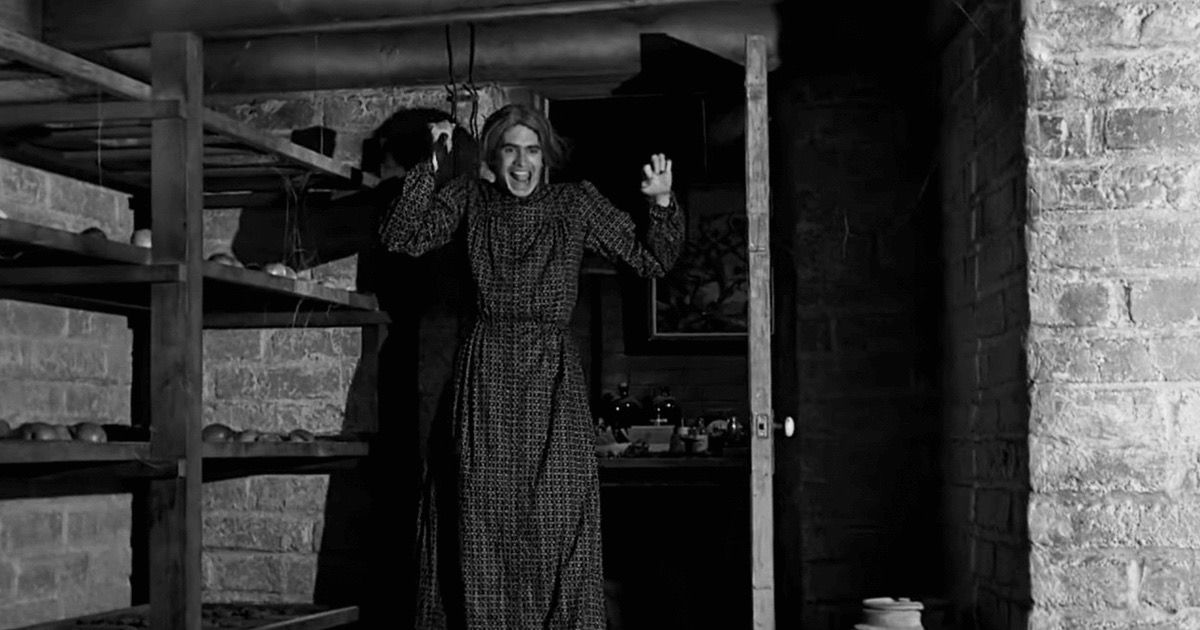
Comments
Post a Comment